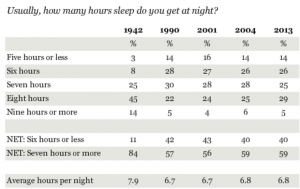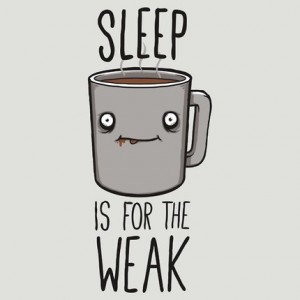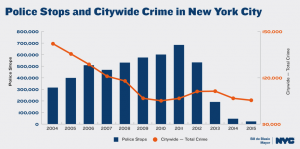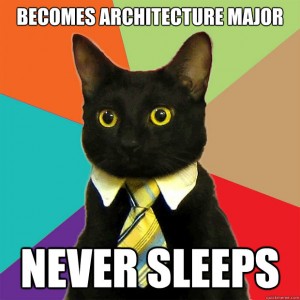A lot. Sleep is very important. During a final review week, I will get an average of 3 hours a day. I know the personal struggles of trying to get through a day. During that week, I become very sleep deprived. I found the sleep unit of my Psychology 101 class very interesting. We learned that sleep is important because it’s a time for the brain and the body to be restored and repaired. It also helps to strengthen our memories as well as helps with creative problem solving. That’s why sleep deprivation becomes so detrimental to our health.
There are many health issues that are associated with sleep deprivation. Sleep affects the brain, immune system, fat cells, joints, heart, stomach, and muscles. Lack of sleep cause a decrease in focus and memory capacity. The immune system also stops produces immune cells while fat cells increase its production, your joints become inflamed, your blood pressure rises, your stomach becomes hungrier, and your muscles become weaker. Studies have been done to understand the kinds of health issues that arise. Studies have shown that sleep deprivation increases the risk of stroke, diabetes, cardiovascular disease, breast cancer, depression. A 14 year study showed a correlation between mortality rates and sleeping less than 6 hours a night. The subjects in the study that slept less than 6 hours of sleep were 4 times more likely die within that 14 years.
The average American gets less than 7 hours of sleep a night even though scientists suggest that adults need 7-9 hours of sleep a night. Even though sleep has shown to be extremely important for our bodies, it seems like almost half of Americans don’t get the recommended amount.
According to Forbes, the most common reasons why we don’t get enough sleep is because of light, exercise, alcohol, caffeine, late night tv shows, late night snacks, and smoking. Luckily, all of these problems seem to have an easy fix. Light stops the production of melatonin which is the chemical in our brain that tells us to go to sleep. Exercise is important and can be beneficial to our sleeping, just not when the exercise is right before bed. Alcohol and caffeine is obviously not helping your sleeping habits. Though alcohol is a depressant (which makes people think that it can help you sleep) it actually messes with your REM sleep. Caffeine is an stimulant which obviously should be avoided if you’re having trouble sleeping. Television is also stimulating which creates a problem when you’re brain is trying to shut down for sleep. It’s important to make sure stimulants are removed when falling asleep is a problem. The National Sleep Foundation suggests to stick to a schedule when it comes to getting enough sleep. The most important thing to take away is that all of us need to prioritize sleep! It’s a lot more important than we think.
















